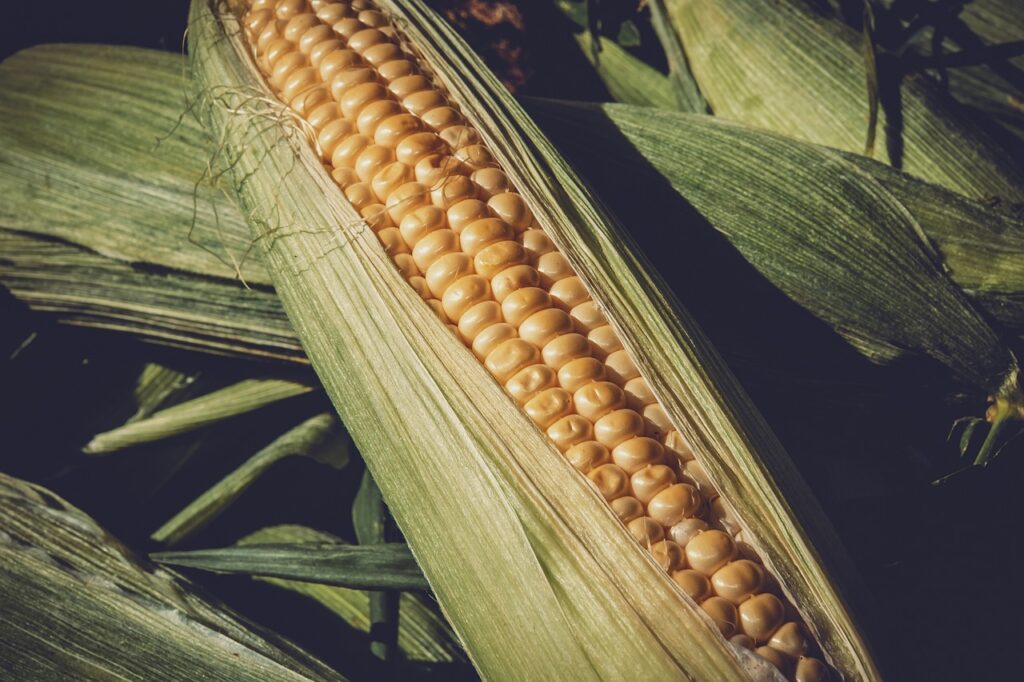In 2023, the United States (“U.S.”) exported $13.1 billion in corn, approximately $5.4 billion of which went to Mexico. As a result, Mexico was the largest importer of U.S. corn in 2023. According to the United States Department of Agriculture, over ninety percent of corn in the U.S. is produced using genetically engineered varieties. President López Obrador of Mexico issued two decrees prohibiting Mexico from using genetically modified corn. Because of the volume of genetically modified corn exported from the U.S., it initiated dispute settlement proceedings against Mexico.
USMCA Provision on Biotechnology
In 2018, the U.S., Canada, and Mexico (“the parties”) signed a new free trade agreement called the United States-Mexico-Canada Agreement (“USMCA”), which replaced the North American Free Trade Agreement. The USMCA went into effect in 2020 and, among other things, created new and updated existing trade provisions on agriculture, including a new section on agricultural biotechnology. As part of the USMCA, the parties agree to make specified information regarding authorizations of agricultural biotechnology publicly available. However, the parties did not agree to mandate the authorization of agricultural biotechnology products. Additionally, under the sanitary and phytosanitary provisions of the USMCA, the parties must use science-based analyses when implementing measures. A prior NALC article provides a more in-depth overview of the USMCA.
Dispute Over Genetically Modified Corn
Domestic production of genetically modified (“GM”) corn has been banned in Mexico since 2013. In December 2020, President Andrés Manuel López Obrador of Mexico issued a decree directing the biosafety authorities in Mexico to stop granting and revoke existing permits for the release of GM corn for human consumption by January 31, 2024. According to President López Obrador, the goal of this decree is to promote food security and sovereignty and protect native corn. Because the decree could potentially limit U.S. corn exports into Mexico, the U.S. government requested clarity on the decree. President López Obrador then repealed the 2020 Decree and issued a new decree. The 2023 Decree bans the use of GM corn for dough and tortillas. Further, the 2023 Decree directs the Mexican biosafety authorities to gradually substitute GM corn used for animal feed and for other forms of human consumption for non-GM corn. Because of these restrictions, the U.S. initiated dispute settlement proceedings under the USMCA claiming that the 2023 Decree violates the USMCA.
The first step of the dispute settlement process under the USMCA is a consultation between the disputing parties. In June 2023, the U.S. announced a request for consultations with Mexico to try to resolve the dispute over the use of GM corn. According to Ambassador Katherine Tai, the U.S. Trade Representative, the U.S. is entering into dispute settlement consultations because “Mexico’s policies are not based on science and threaten to disrupt U.S. exports to Mexico to the detriment of agricultural producers, which in turn can exacerbate food security challenges.” These consultations did not resolve the dispute between the U.S. and Mexico.
The next step of the dispute settlement process under the USMCA is convening a formal dispute panel to resolve the dispute. On August 17, 2023, the U.S. established a dispute settlement panel under the USMCA. According to Ambassador Tai, the purpose of establishing the panel is to ensure that “Mexico eliminate[s] its USMCA-inconsistent biotechnology measures so that American farmers can continue to access the Mexican market and use innovative tools to respond to climate and food security challenges.” In the panel request, the U.S. claims the 2023 Decree violates several provisions of the USMCA. Specifically, the U.S. claims that the 2023 Decree violates the USMCA requirement that parties use science-based principles when implementing measures because the U.S. claims that scientific studies have shown GM corn is safe for human consumption.
The U.S. and Mexico will present oral arguments at the hearing in June 2024.
Looking Forward
The panel’s final report is expected to be released in November 2024. If the panel determines that the ban is inconsistent with Mexico’s obligations under the USMCA, Mexico will have forty-five days to correct the issue. After forty-five days, if Mexico has not corrected the issue, the U.S. can suspend benefits to Mexico under the USMCA equivalent to the effect of Mexico’s ban on importing GM corn, until the U.S. and Mexico agree on a resolution to the dispute. While the dispute settlement process is underway, Mexico’s ban on importing GM corn remains in effect.
To view the full text of the USMCA, click here.
To read the U.S. Panel Request, click here.
For more NALC resources on International Agricultural Trade, click here.
For more NALC resources on Biotechnology, click here.
